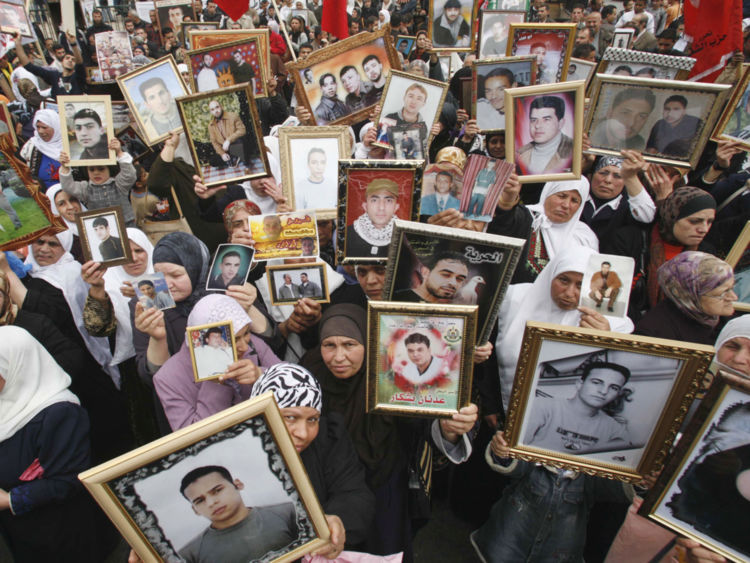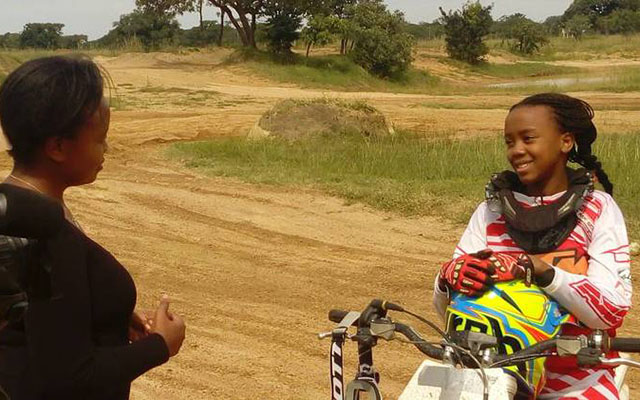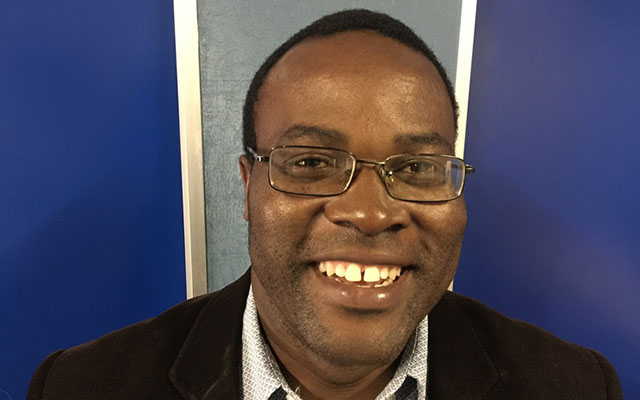Palestine’s ongoing journey of pain, injustices

Hildegarde Manzvanzvike The Arena
ON Tuesday May 16, the African Union’s Pan African Parliament at a meeting in Johannesburg, South Africa, demonstrated that the Palestinian issue remains top priority on this geo-political sphere.
The PAP membership adopted a motion to admit the State of Palestine on an observer status in the legislative body.
According to reports, this week’s developments mean that Palestine “will participate in the continental body’s activities and have the right to speak, but won’t vote on resolutions.”
The PAP declaration, which received overwhelming support, reads: “We express our unconditional support to all prisoners in the prisons of the occupying forces, including members of the Palestinian parliament, led by the freedom fighter, Marwan Barghouthi.”
By so doing, the AU’s legislative body was telling the international community that they are prepared to be their brother’s (Palestine) keeper, since African states under colonialism also went through the horrific conditions the Palestinians are facing, and they received immense support from other friendly nations.
This development took place exactly a week before United States President Donald Trump’s maiden international trip to the Middle East, where he is expected to meet with the Palestinian leadership in the West Bank on Tuesday next week.
According to the White House, Trump “will convey the eagerness to facilitate an agreement that ends the conflict and he will urge leaders to take steps that will help lead to peace”.
However, it is anybody’s guess how the meeting will pan out. Will it give meaningful hope to the suffering Palestinian people or it will be another pie in the sky, just as what happened with previous administrations?
The PAP action was also important since the State of Palestine is marking its 69th Nakba anniversary.
According to a press release from the Palestinian Negotiations Affairs department, Dr Saeb Erakat defines Nakba as “an ongoing journey of pain, loss and injustice.”
“Our nation marking 69 years of the Nakba, our national catastrophe, is symbolised in our exile and the systematic denial of our rights . . . In order to achieve a just and lasting peace between Israel and Palestine, it is important that Israel recognises the Nakba and apologises for it,” reads part of the statement.
The statement continues: “We call upon the United Kingdom to apologise for its role in the Palestinian catastrophe, beginning by the infamous Balfour Declaration and the denial of our rights.”
Apart from the Nakba anniversary and the PAP declaration, progressive forces the world over have continued to join the Palestinian hunger strike “solidarity stand-off”.
This writer last week attended an event where Zimbabwean parliamentarians led by the chairman of the portfolio committee on Foreign Affairs Cde Kindness Paradza joined the Palestinian ambassador Ms Taghrid Senouar to mark “the launch of one of the largest hunger strikes in the last two decades,” being led by imprisoned parliamentarian Marwan Barghouthi and “observed by 1 600 prisoners, to protest the deprivation of basic rights granted to them by international law and international human (rights) law.”
Foreign Affairs portfolio committee member Ms Priscilla Misihairabwi-Mushonga spoke passionately about the Palestinian issue, and invoked the moral conscience of Zimbabwean parliamentarians and their constituents so that they look at the Israeli-Palestinian issue in a holistic manner.
“We are here as the Foreign Affairs committee, not only representing the committee, but also representing Parliament, because as you rightly said (Your Excellency the ambassador), those that have been imprisoned are parliamentarians, and we know that parliamentarians are the voices of the people. So, when you have arrested parliamentarians, you have arrested the will of the people.
“Today we may stand in solidarity with the Palestinian prisoners, but what we saw when we were in Palestine are people who are in prison generally. You might not be behind the four walls, but you are in prison because you can’t travel, eat properly etc! You are denied basic rights,” said Ms Misihairabwi-Mushonga.
She said as a woman MP, she also realised that women and children’s voices were silent: “I also speak here not just as an MP, but as a woman because that is one of the voices missing in terms of advocacy around this issue.
“What we found is that when you talk about prisoners, you’re talking about mothers being denied the right to motherhood . . . We’ve therefore committed ourselves as MPs in Zimbabwe to be the fore-runners and fore-bearers around the issue of Palestine, because we notice that in Africa, we have bought into the myth that the Palestinian issue is a religious issue. We noted that it certainly is not a religious issue.”
This week has also seen South Africa’s Deputy President Cyril Ramaphosa and a number of legislators going on a 24-hour hunger strike that ended on Monday. This symbolic gesture must have been loud enough to show the world that Africa is with the Palestinian people.
South Africa’s Trade and Industry Minister Rob Davies remarked: “This is (was) a very small gesture of solidarity with those brave freedom fighters of Palestine struggling for the very same rights many of us now take for granted in South Africa, but which were in fact won through the same spirit of selfless commitment.”
The Deputy Minister of International Relations and Cooperation Nomaindia Mfeketo, who was also part of the symbolic strike, said; “To many of us our solidarity in this campaign is very personal because of our own experience under apartheid. We too, like the heroic Palestinians, were once called terrorists.
“We, like the Palestinians, were detained. We, like the Palestinians today, embarked on hunger strikes in our prison cells in protest against Apartheid South Africa’s human rights violations.”
The South Africa Communist Party also demanded basic human rights for the 1 600 jailed Palestinians.
According to a report by Hassan Isilow; “Bashir Ali, a representative of Sudan, said the African Union PAP rightly condemned Israeli occupation of Palestine since it represents the voices of African people who once faced injustices under colonialism, while Gabriel Smith, a legislator from Liberia, called for a fact-finding mission to Palestine.”
However, as long as the Israeli-Palestinian question remains a major foreign policy issue of the United States of America, the desired changes might remain a pipe dream, and the United Nations will pass one resolution after another to no effect.
It is about time that astute political leadership and willpower were exercised by the world body.
As Dr Erakat rightly says; “It’s also the responsibility of the international community to achieve the Palestinian right to self-determination and to solve all final status issues, including a just resolution of the refugee issue, based on international law and relevant UN resolutions.”









Comments